#champs elysée
Text
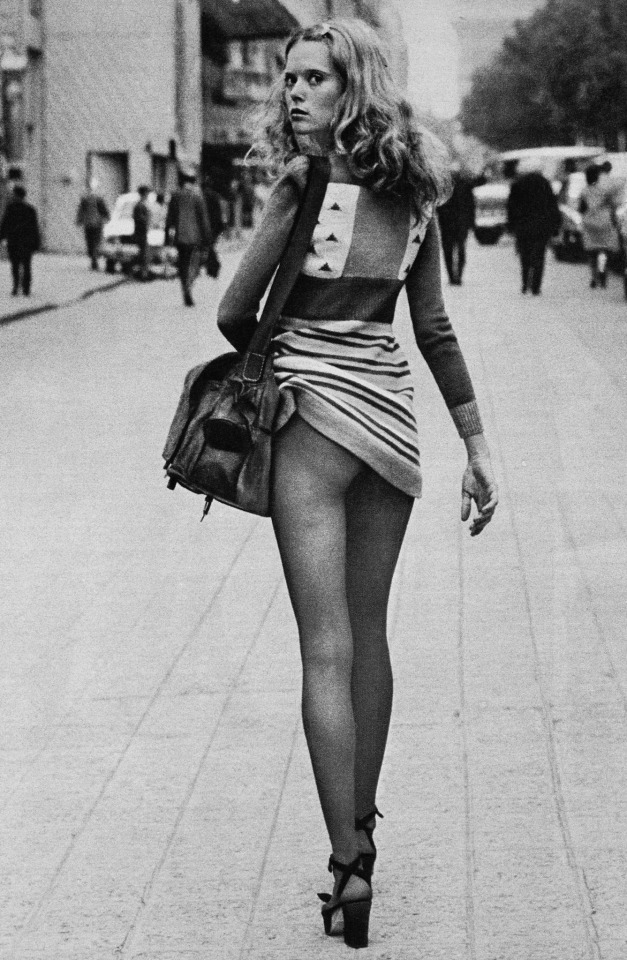
Photographer Alice Springs (June Newton) Champs-Élysées Paris. 1971
92 notes
·
View notes
Text

David Gilmour Pink Floyd, Théâtre des Champs-Elysées, Paris 1970. © Jacques Allemande
110 notes
·
View notes
Text
Ferrari 275 GTB

Au soleil, sous la pluie, à midi ou à minuit,
Il y a tout ce que vous voulez aux Champs-Elysées 🇫🇷🎶🎶 aux champs Élisée 🇫🇷🇫🇷 🎵
91 notes
·
View notes
Text




Kylian x Nike (May 5, 2024)
#kylian mbappe#inspired by km#nike#nike paris#nike football#victory mode#champs elysées#paris#france#may 2024
23 notes
·
View notes
Photo
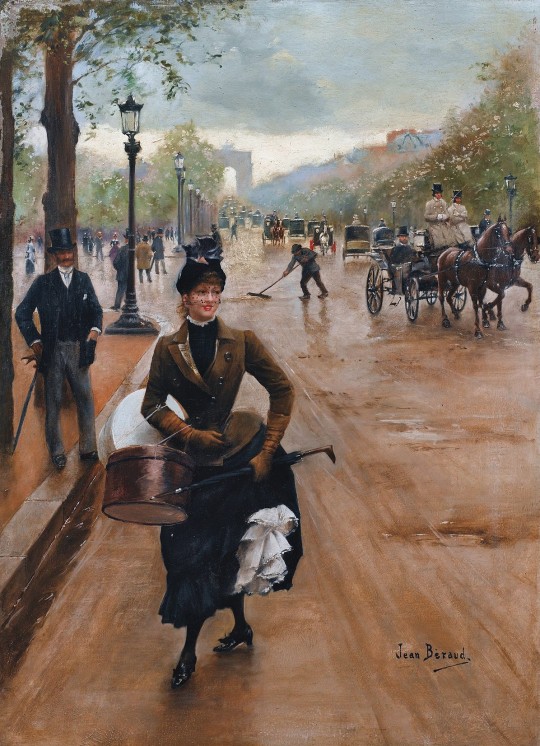
Jean Béraud (1849-1935) — The Milliner on the Champs Elysées [oil on canvas, ca. 1889]
101 notes
·
View notes
Text
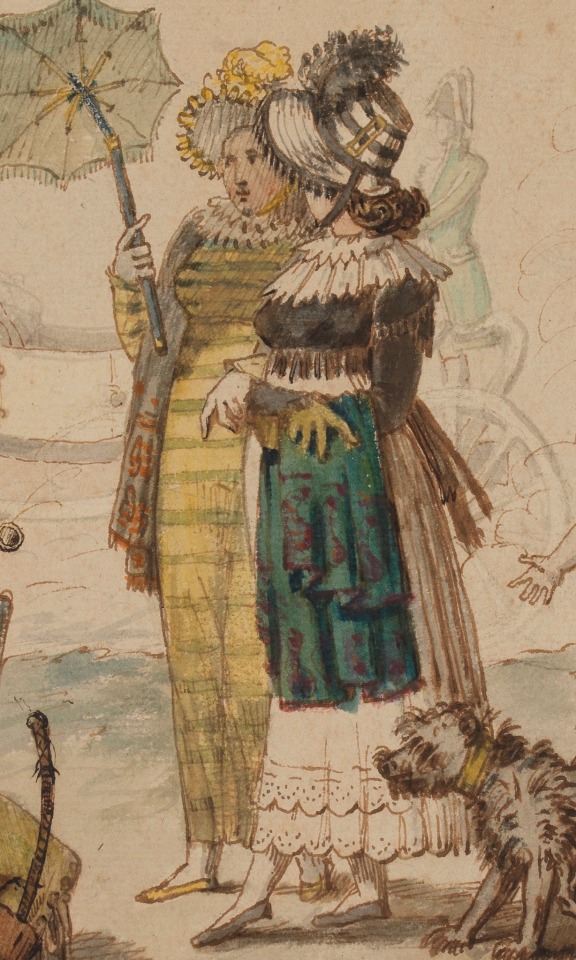
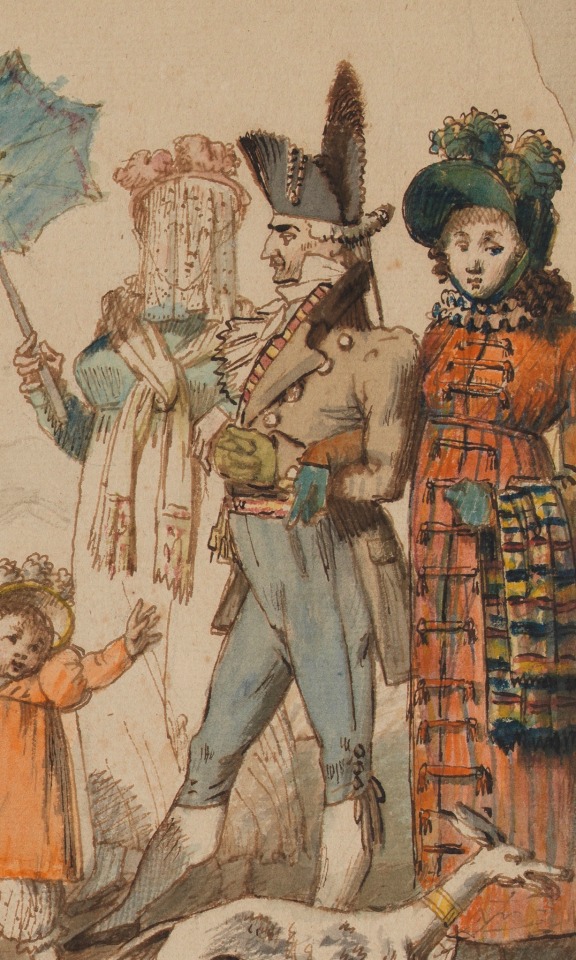
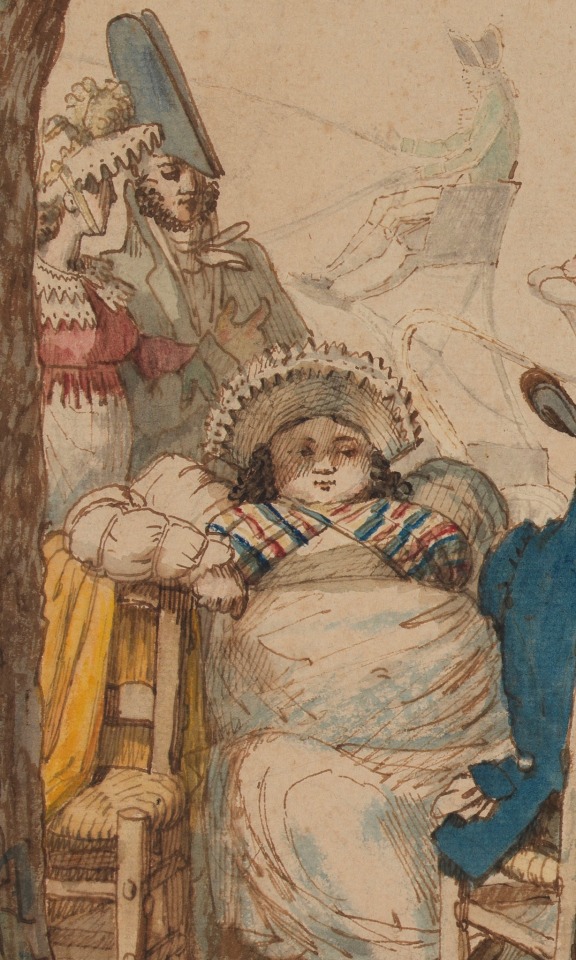
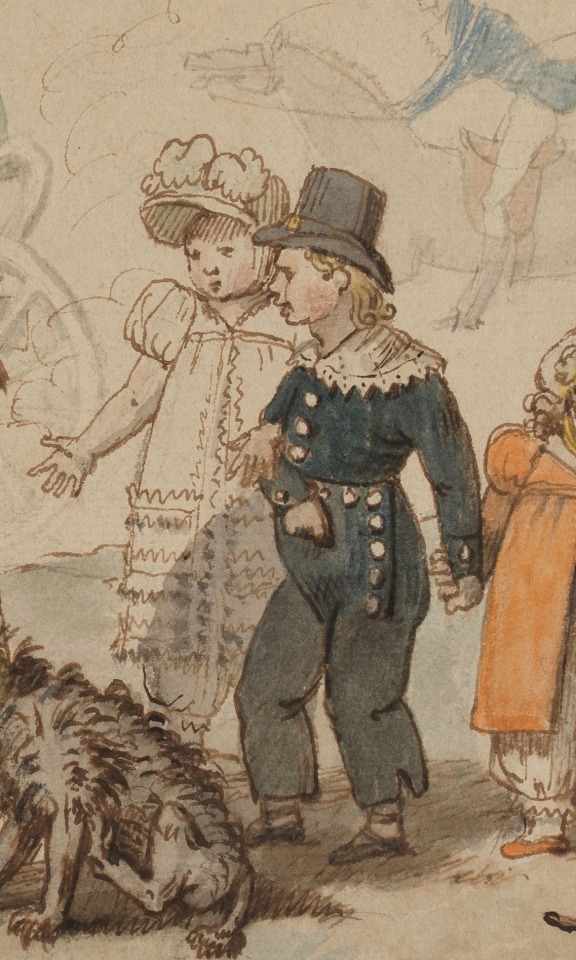
La promenade aux Champs-Elysées (details)
Georges-Jacques Gatine
1811, Napoleonic era
Musée Carnavalet, Histoire de Paris
#Champs-Elysées#sketch#illustrations#napoleonic era#Paris#Georges-Jacques Gatine#Gatine#empire style#art#art history#drawing#fashion history#historical fashion#Musée Carnavalet#napoleonic#first french empire#French empire#regency#France#french history
32 notes
·
View notes
Photo

En 1972 sur les Champs-Élysées devant le pub Renault il y avait toutes ces belles petites voitures pour le lancement de la nouvelle R5. - source Harry Levy.
85 notes
·
View notes
Text
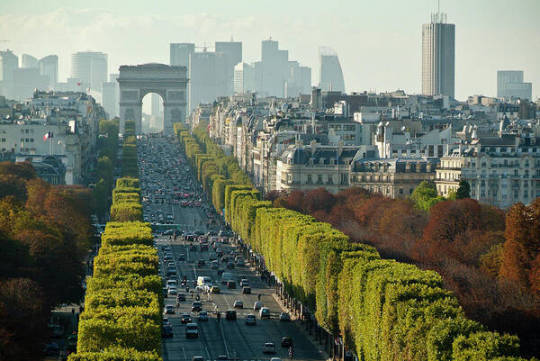
Champs Elysés
Jean-Marc Romain
7 notes
·
View notes
Photo
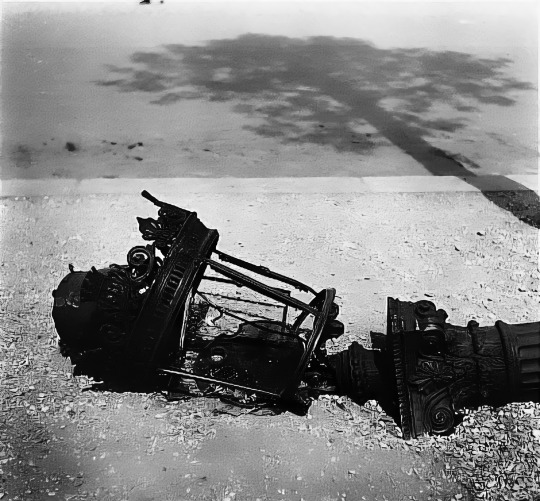
Rune Hassner. Vandalised. Champs-Elysées, Paris. 1949
I Am Collective Memories • Follow me, — says Visual Ratatosk
#BW#Black and White#Preto e Branco#Noir et Blanc#黒と白#Schwarzweiß#retro#vintage#Rune Hassner#Champs-Elysées#Paris#France#1949#1940s#40s#cityscapes#urbanscapes#cities#built environment#paisajes urbanos#ciudades#entorno construido#Stadtlandschaften#Städte#gebaute Umwelt#paysages urbains#villes
12 notes
·
View notes
Text
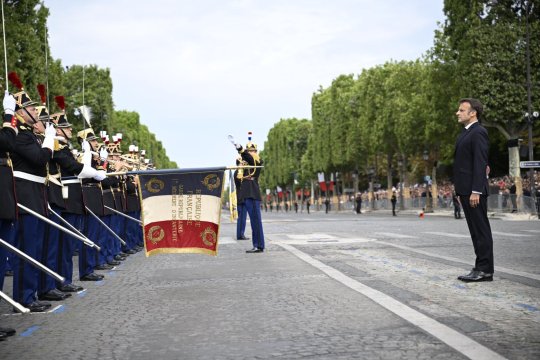
Les révolutions ont du moins l'avantage de hâter l'accomplissement des idées admises, mais dont la mise en pratique est difficile ou audacieuse ; elles hâtent l'éclosion de l'avenir paresseux.
Louis-Auguste Martin, L'esprit moral du XIXe siècle (1855)
The Fifth Republic is the name of France’s current government. It began in 1958, after a coup at the hands of the French military in colonial Algeria convinced officials in Paris to dissolve Parliament. Fearing that the military could extend their control beyond Africa, the government called former general Charles de Gaulle out of retirement to hold the country together, as he did during the post-liberation years of World War II. To do so, he crafted a new constitution. Under this government, the president has substantial power, holds a term of five years (it was originally seven) and, following a change to the constitution in 1962, is directly elected by the French people. (de Gaulle held the position until 1968.)
This system of government differs dramatically from previous republics, which relied on parliamentary rule. In the Fifth Republic, the head-of-state appoints a prime minister to lead the Parliament (which is comprised of a Senate and a National Assembly), controls the armed forces and France’s nuclear arsenal, can dissolve Parliament, and can hold referendums on laws or constitutional changes.
One caveat to the president’s powers is the possibility of “cohabitation,” when the president is from a different political party than the majority of politicians in the parliament. In these cases, the president must choose a prime minister who will be accepted by the parliament, and the two share powers of governing more equitably.
But while the conditions are likely not there to bring about a sixth republic in France, the current crisis could lead to other institutional changes.
Indeed, Macron already tried to amend the constitution during his first term, with a plan to add proportional voting to the parliamentary elections and to reduce the number of MPs.
He tried again after the "Yellow Vests" protest, with a reform that would have made it easier for the parliament and citizens to launch a shared referendum, but the law didn't come to fruition.
Will the Fifth Republic last?
French political commentators and scholars have been trying to answer this question since the Fifth Republic was first founded, and it’s impossible to do more than make educated guesses. Since de Gaulle first wrote out its constitution, there have been 24 revisions of it, which have affected 2/3 of its articles. Subsequent changes to the republic have even increased the president’s clout. A 1962 referendum had the president elected by popular vote, and a 2000 referendum resulted in an alignment of the presidential and parliamentary election calendars – something that has almost always resulted in an absolute majority for the president.
So far the constitution’s flexibility and the force of the past presidents has kept the Fifth afloat. But far left agitator and presidential candidate Jen-Luc Mélenchon has been leading a march for the “sixth republic” and Marine Le Pen talking about radically reshaping France’s domestic policies, there’s no telling what might happen by the time Macron leaves office and a new President is ushered in.
Many believe that a certain regime of politics is coming to an end, of which Emmanuel Macron is the epilogue. It is both the end of a regime in the political-institutional sense – hyper-presidentialism and the weakening of counter-powers – but also the exhaustion of a certain regime of "belief" in politics, i.e., the credit we give to men and institutions. It is a symbolic crisis as much as a legal-political one.
I suspect the Fifth Republic will chug along just fine. There may be a few bits of tinkering but not much. I suspect - much like the debates for Proportional Representation in the UK, politicians of all stripes say one thing but do the opposite one in power - once someone like Marine Le Pen comes into power (she is favoured to win the next presidential elections after Macron steps aside) then I doubt she would voluntarily give up her presidential powers any more than any other politician wanting to exercise power to make policy.
At the heart of these debates of changing the Fifth Republic is the very idea of France itself as it faces changes in its society and the challenges therein. In the mind of General de Gaulle, the French presidential system was intended to reaffirm France's independence and sovereignty in the bipolar world of the Cold War. Never have both appeared so threatened.
The decline of state sovereignty is a global phenomenon at the crossroads of several simultaneous revolutions. The first is the history of capitalism, with the financialisation and globalisation of markets and the new supranational actors that are the multinationals. The second is the institutional history of Europe, with the construction of Europe, which is deconstructing the nation-states of which it is composed. The third is the history of information and communication technologies with the emergence of the GAFA [Google, Apple, Facebook, Amazon] and the new authoritarian algorithmic governance that is being imposed on States and citizens. And finally there is the strategic history of Europe with the end of the Cold War and the integration of France into the Western bloc under the aegis of NATO.
Any of these would be challenging for the nation state, but all five at once is enough to make any stable democracy shudder at the foundations.
Photo: President Emmanuel Macron presides over the fête nationale ceremony on the Champs-Elysées, 14 July 2023.
#louis-auguste martin#quote#french revolution#revolution#france#bastille day#fete nationale#champs elysées#paris#president de gaulle#fifth republic#constitution#president macron#macron#politics#democracy#republic
22 notes
·
View notes
Text

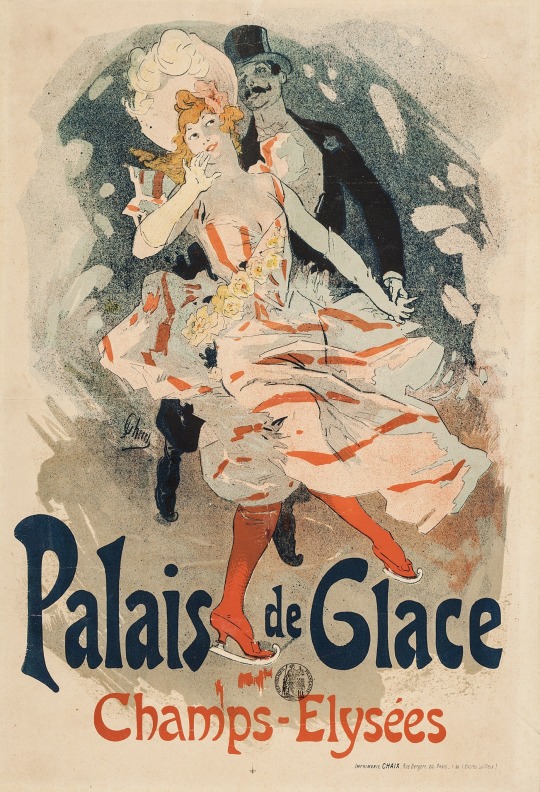
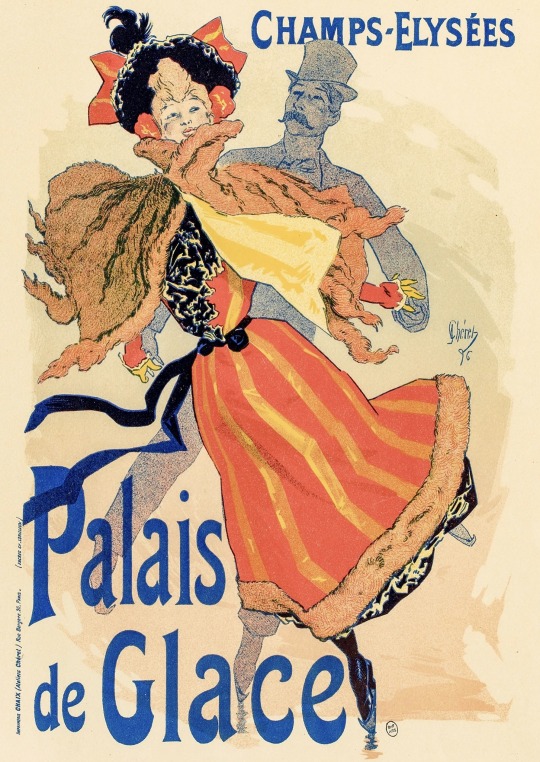
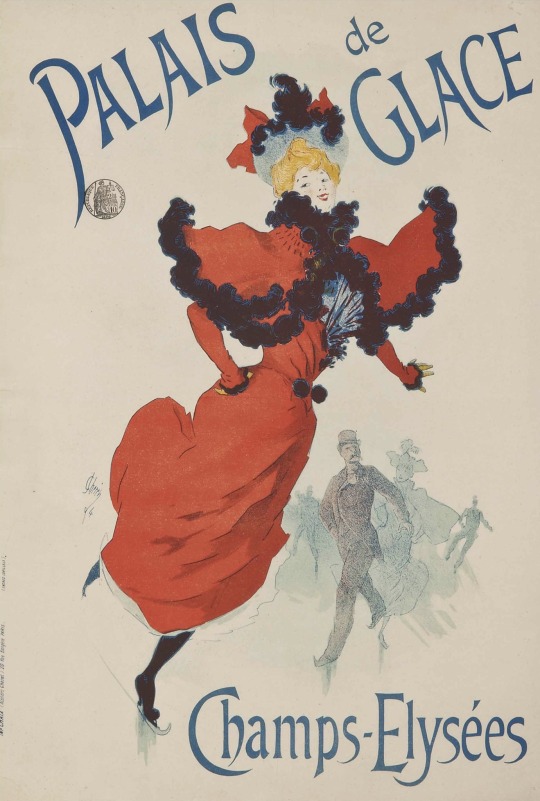
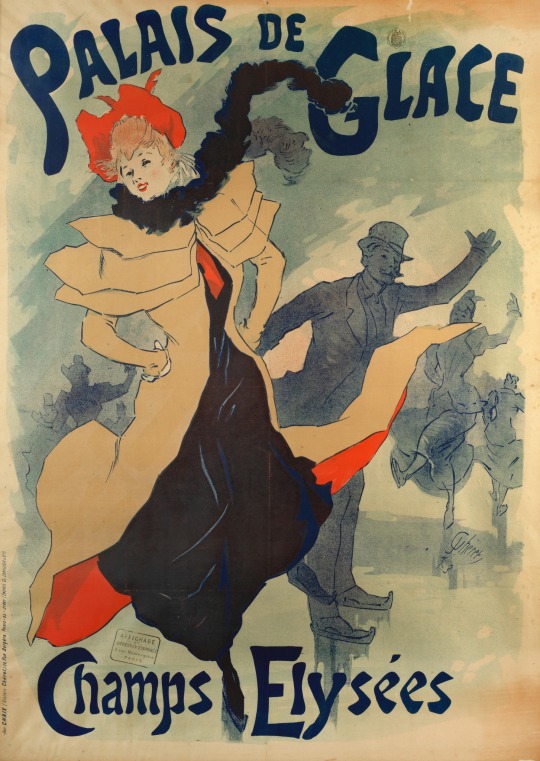

Jules Chéret Belle Époque posters for the Palais de Glace (ice palace) at the Champs-Elysées.
34 notes
·
View notes
Text
I saw a Five Guys in France and my brain immediately went to @firstofficerkittycat 's Spirk AU

#spirk#five guys au#see there is five guys in Ireland. but only three or four#and they're all concentrated in Dublin#however. there is a five guys on the Champs Elysées#and many more in Paris
107 notes
·
View notes
Text
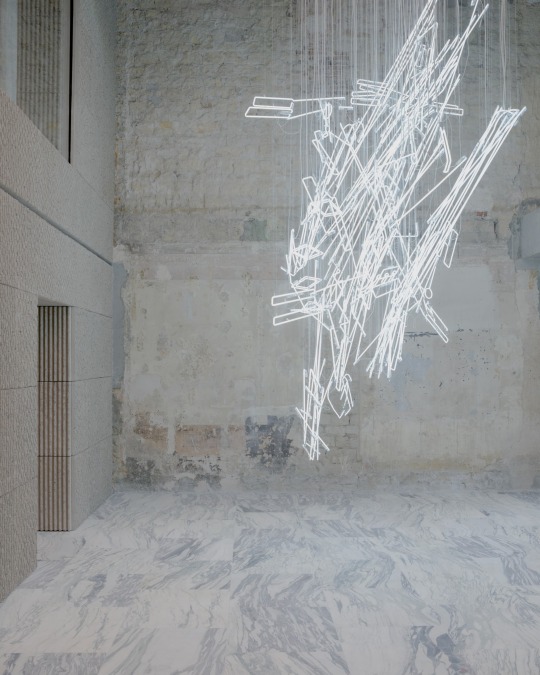
Saint Laurent new store at Champs-Elysées
11 notes
·
View notes
Text
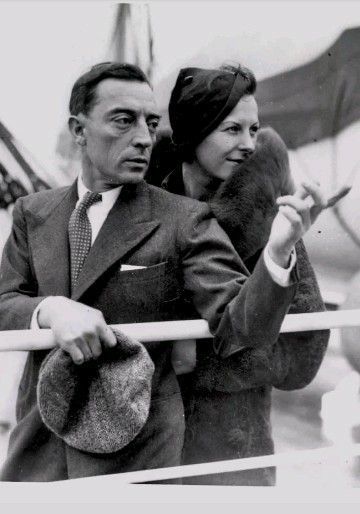

Buster Keaton & second wife, Mae on the way to France to film "Le Roi des Champs-Elysées"
#buster keaton#mae scriven#Le Roi des Champs-Elysées#1930s#talkies#french cinema#ibks#the international buster keaton society#buster keaton society#the damfinos#damfino#damfamily
12 notes
·
View notes
Text






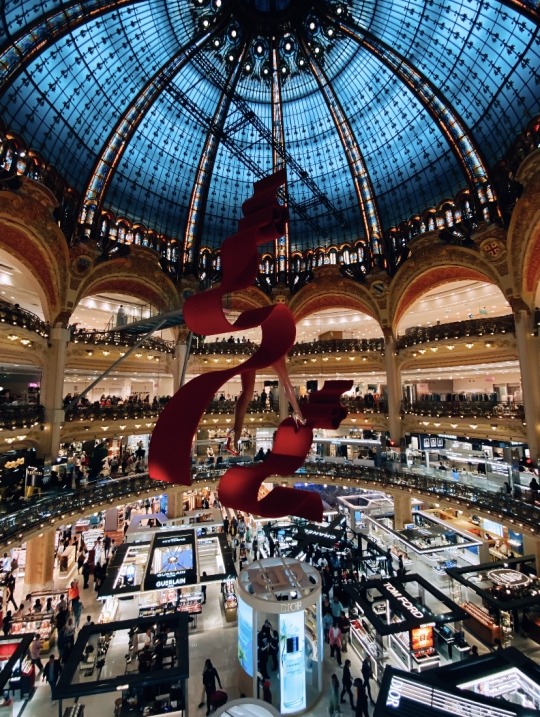
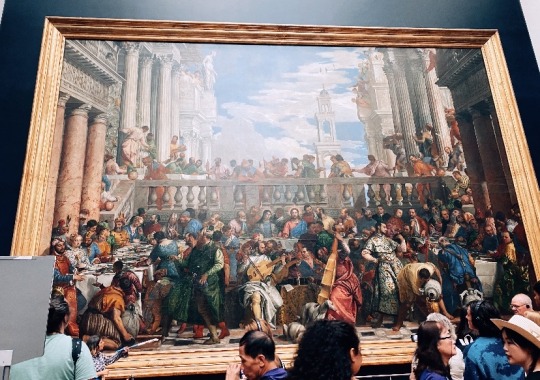
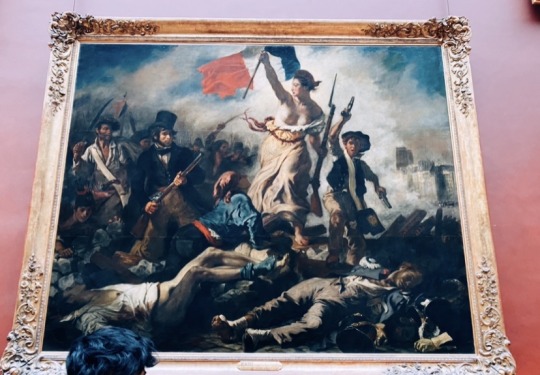

paris photo dump :)
#paris#travel#travelling#retrica#photo dump#tour eiffel#boulangerie#louvre#champs-elysées#like#follow#followforfollowl4l#like for like#photographers on tumblr
9 notes
·
View notes
Text
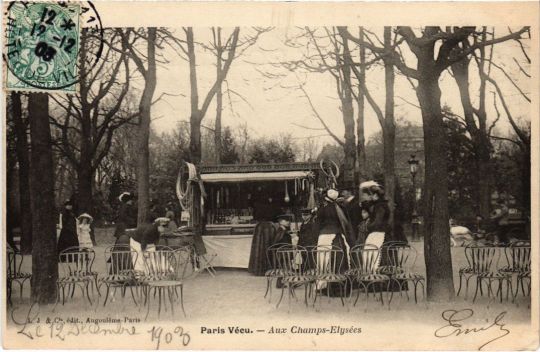
On the Champs-Elysées, Paris
French vintage postcard, mailed in 1903
#1903#historic#photo#briefkaart#elyses#vintage#the champs-elysées#sepia#photography#carte postale#paris#postcard#champs#mailed#postkarte#postal#tarjeta#ansichtskarte#french#old#ephemera#postkaart
5 notes
·
View notes